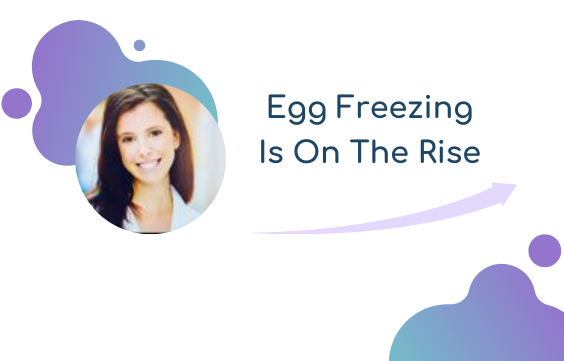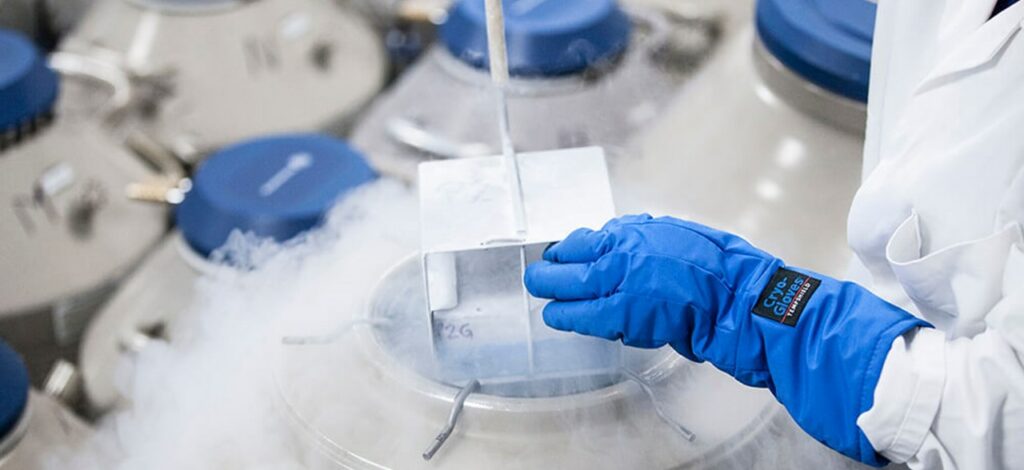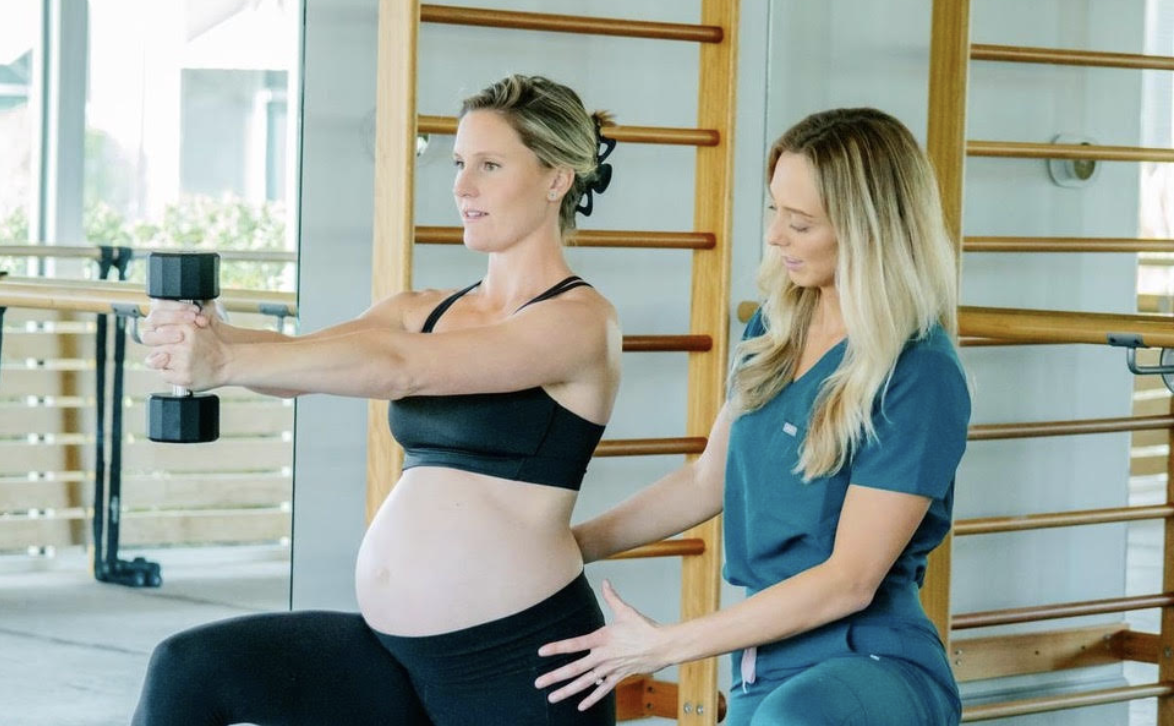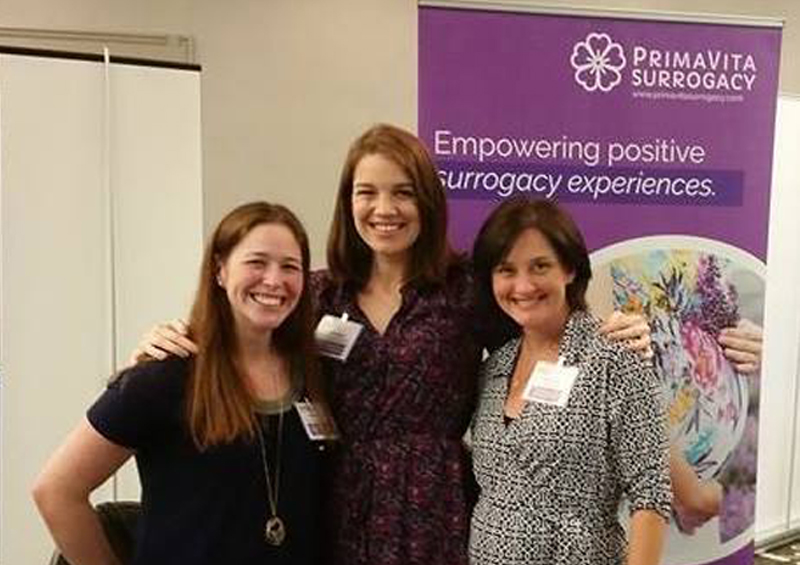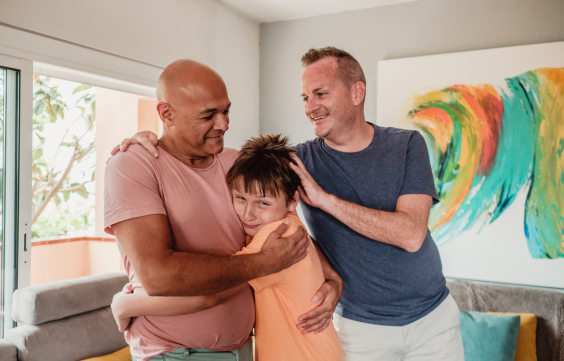Parents
Egg Freezing is on the rise: the questions we ask are “Why & How”? Answer: The Biological Clock
Egg freezing, or oocyte cryopreservation, is increasingly popular for fertility preservation. This article explores its scientific basis, addressing the finite nature of a woman’s egg supply and the impact of age. It discusses the societal shift towards delayed childbearing and the rise of elective egg freezing, along with efforts to improve accessibility and affordability. The writer, Kim Schamroth, a fertility nurse and advocate, offers a holistic approach to fertility, empowering women through education and support in their fertility journeys.
Let us take a step back and review the science:
A woman is born with all of the eggs she will ever have (1-2 million at birth). The number of eggs is finite. Unlike other cells in our body, our egg cells don't regenerate and turn over such as our red blood cells & skin cells. Females are not capable of making new eggs and that number continues to decline with age.
At the time of birth, those 1-2 million eggs are “housed” in fluid filled sacs known as follicles. These eggs remain in an immature state. These eggs waste away with each passing month prior to puberty. By the time a woman reaches her menstrual years, she is left with approximately 300,000 remaining eggs.
Sounds like plenty, right?
The catch: with each month, a number of immature eggs rise to the surface in their housed follicles, while the brain produces a hormone known as Follicle Stimulating Hormone to grow, develop and release 1 egg. The problem is, FSH only comes naturally in the amount for 1 egg to be released. Therefore, the other eggs available at the surface of the ovary that given month, will be reabsorbed and die off in the woman’s ovary. This is the natural course 99% of a woman’s eggs will take.
Not only is egg quantity on the decline, over time outer & internal stressors will damage the egg leading to a decline in quality. This will make it increasingly more difficult for a woman to get pregnant and sustain a healthy & safe pregnancy. Because of this reality women face, physicians & caregivers must continue to counsel women about the changes in their fertility regardless if they are actively planning to become pregnant or not (1).
The harsh reality of a women’s biological clock has led to the rise in fertility preservation.
In the 21st century, statistically women are delaying their childbearing years in pursuit of their career, to travel and to focus on themselves. However, the delay in attempted childbearing comes at the cost of an increase in age related infertility (2).
History of Egg Freezing:
Oocyte Cryopreservation has been around for decades, primarily used in cases of oncofertility. Oncofertility refers to the medical field that bridges together oncology and reproductive endocrinology. The goal is to maximize the potential of a woman’s fertility by freezing her eggs upon learning about a cancer diagnosis. Women in their 20s-30s diagnosed with a malignancy requiring chemotherapy & radiation are at risk for losing their reproductive potential. Therefore, for years, oncologists have worked with reproductive endocrinologists to freeze women’s eggs to preserve them for future use before they would be destroyed by anti cancer agents.
However, in 2012 The American Society for Reproductive Medicine labeled Egg Freezing as a “social” & “elective” procedure, leading to the rise over the past decade for women to get their eggs on ice. Hospitals, Fertility Clinics and Boutique fertility startups are offering egg freezing cycles across the United States. There has been a shift in the mentality behind egg freezing as *well, from shame to empowerment.
From shame to empowerment.
While unfortunately fertility treatment has a silent stigma, celebrities, influencers, startups and Human Resource departments are trying to change the narrative every day. To offset the hefty cost of egg freezing, employers are offering fertility insurance coverage in their package of benefits. Fertility clinics have begun offering payment plans and discounts to encourage more women to opt in to this form of ‘self care’.
Where to start?
It is important to know that the success of egg freezing depends on a variety of factors including; the age at which the eggs are frozen, the number and the quality of those eggs that have been retrieved. The earlier you freeze your eggs, typically will yield a greater number of mature, high quality oocytes to be fertilized & hopefully implanted in the future.
The best way to begin the process is to set up a consultation with your local fertility provider to learn more about your fertility status and come up with a comprehensive plan to achieve your reproductive goals.
Kim Schamroth, RN BSN
The Fertility Coach
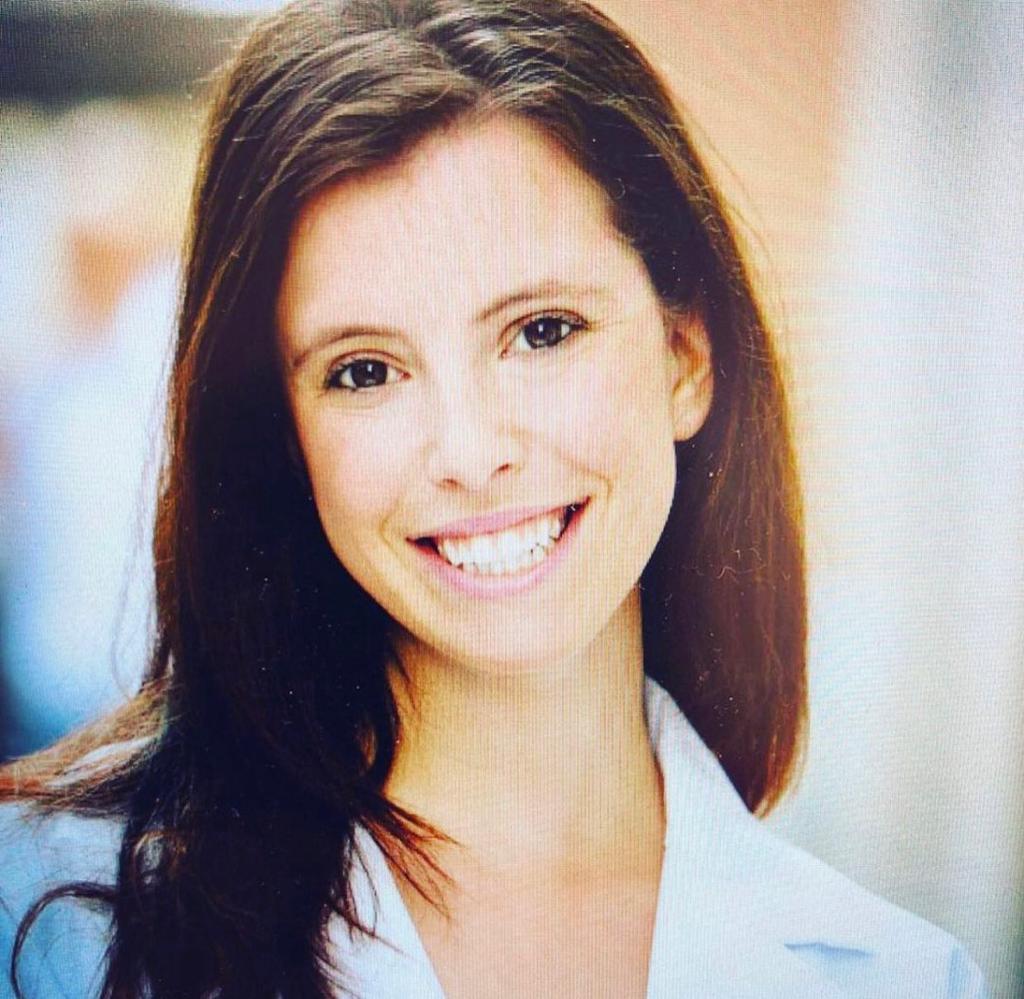
Kim Schamroth has been a fertility nurse of 5+ years at one of the leading fertility clinics in New York City, Colorado Center for Reproductive Medicine. She has helped educate and empower thousands of women throughout their fertility journey. Kim takes a ‘holistic approach’ to fertility including nutrition, mental health support, medical education and more to empower and improve their fertility outcomes. Kim has a passion for fertility and continues to share her knowledge worldwide via her fertility platform, @TheFertility_RN.
Citations:
- Rowe T. Fertility and a woman's age. J Reprod Med. 2006 Mar;51(3):157-63. PMID: 16674009.
- van Noord-Zaadstra BM, Looman CW, Alsbach H, Habbema JD, te Velde ER, Karbaat J. Delaying childbearing: effect of age on fecundity and outcome of pregnancy. BMJ. 1991 Jun 8;302(6789):1361-5. doi: 10.1136/bmj.302.6789.1361. PMID: 2059713; PMCID: PMC1670055.

